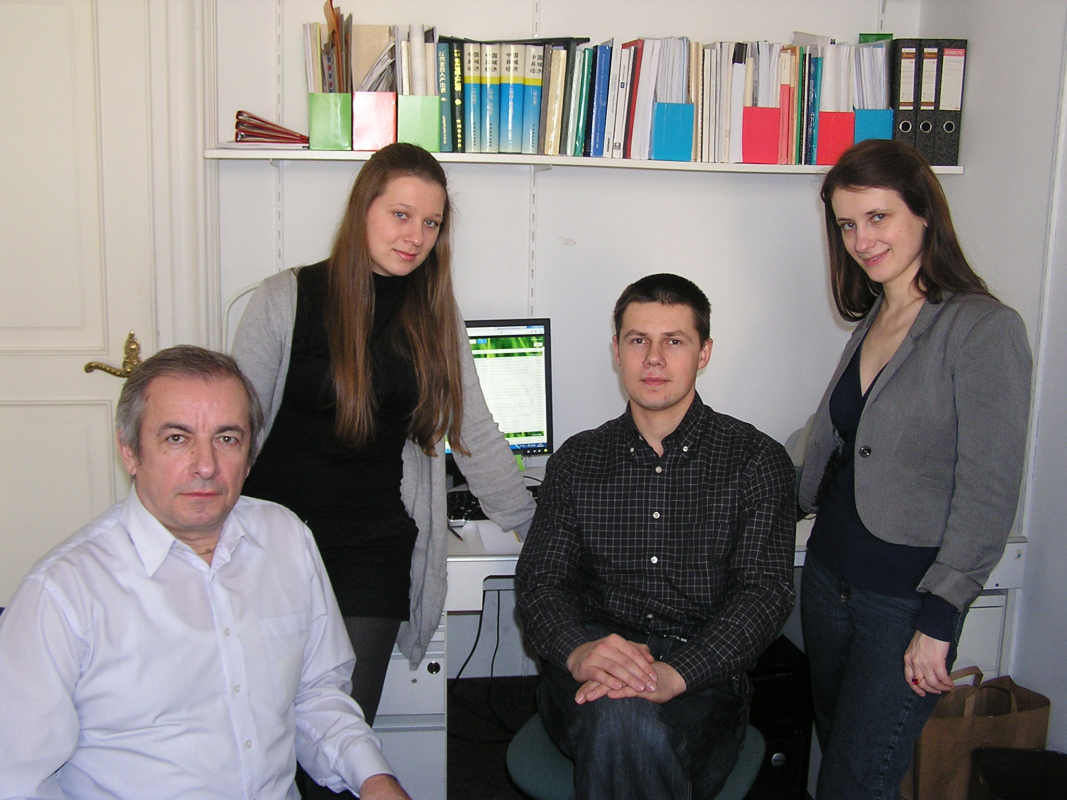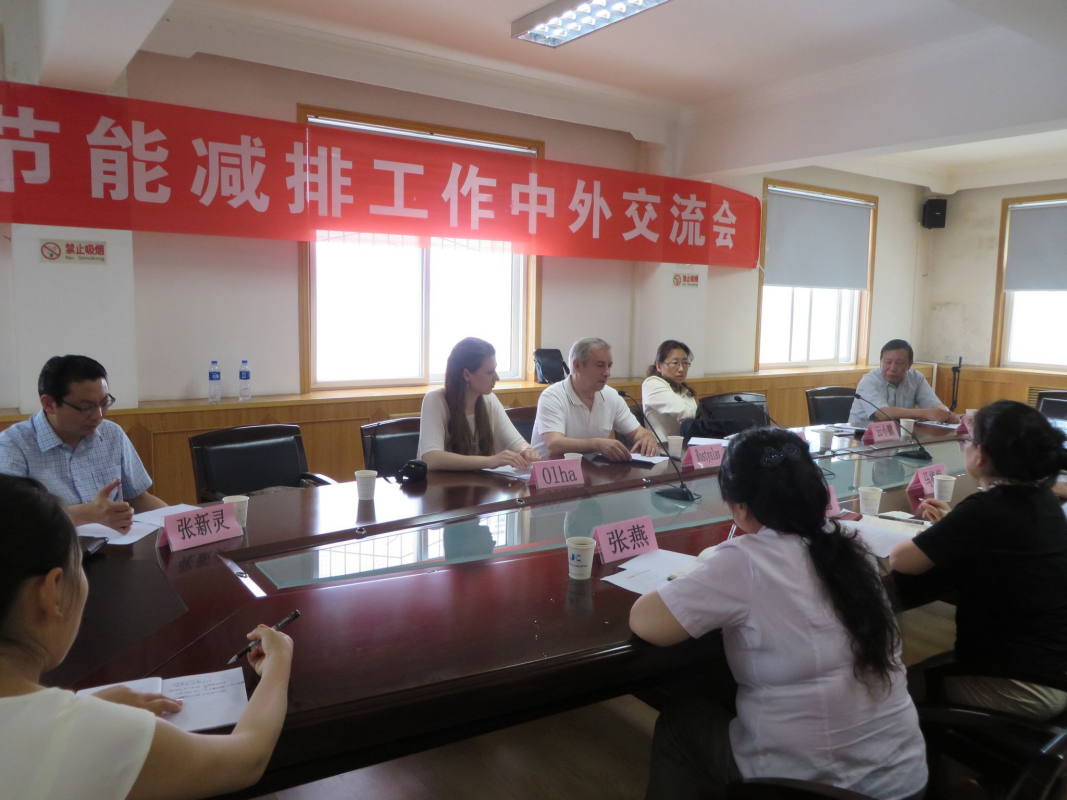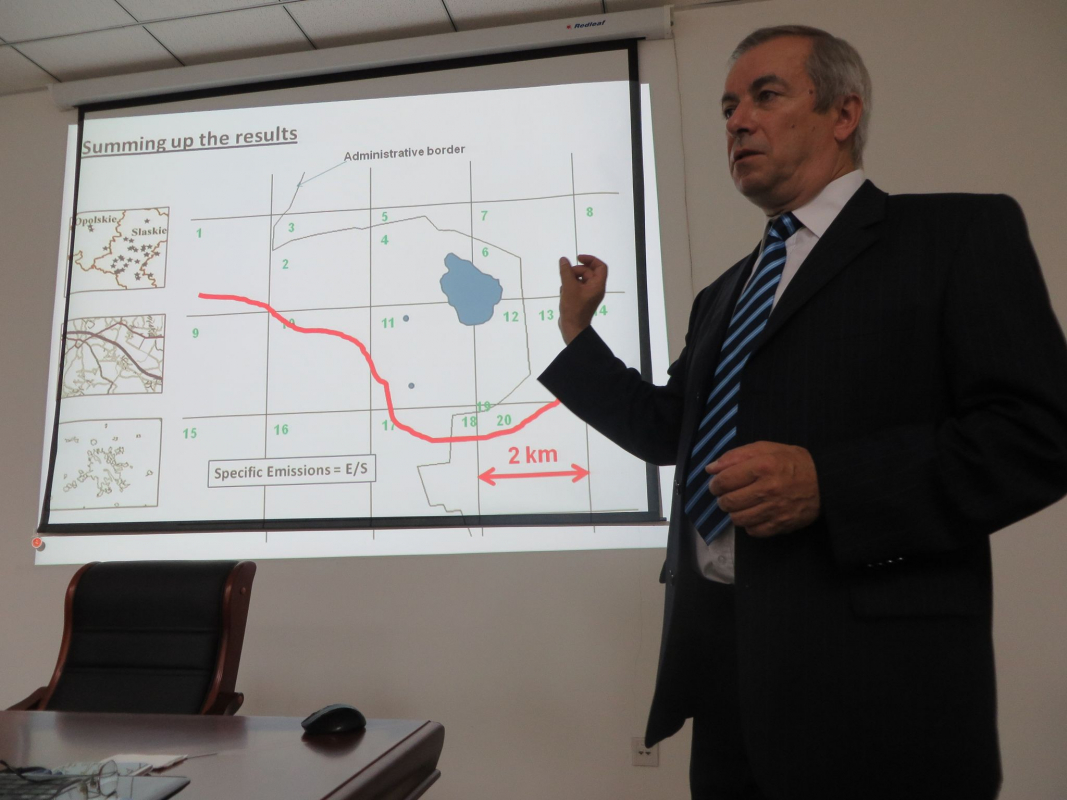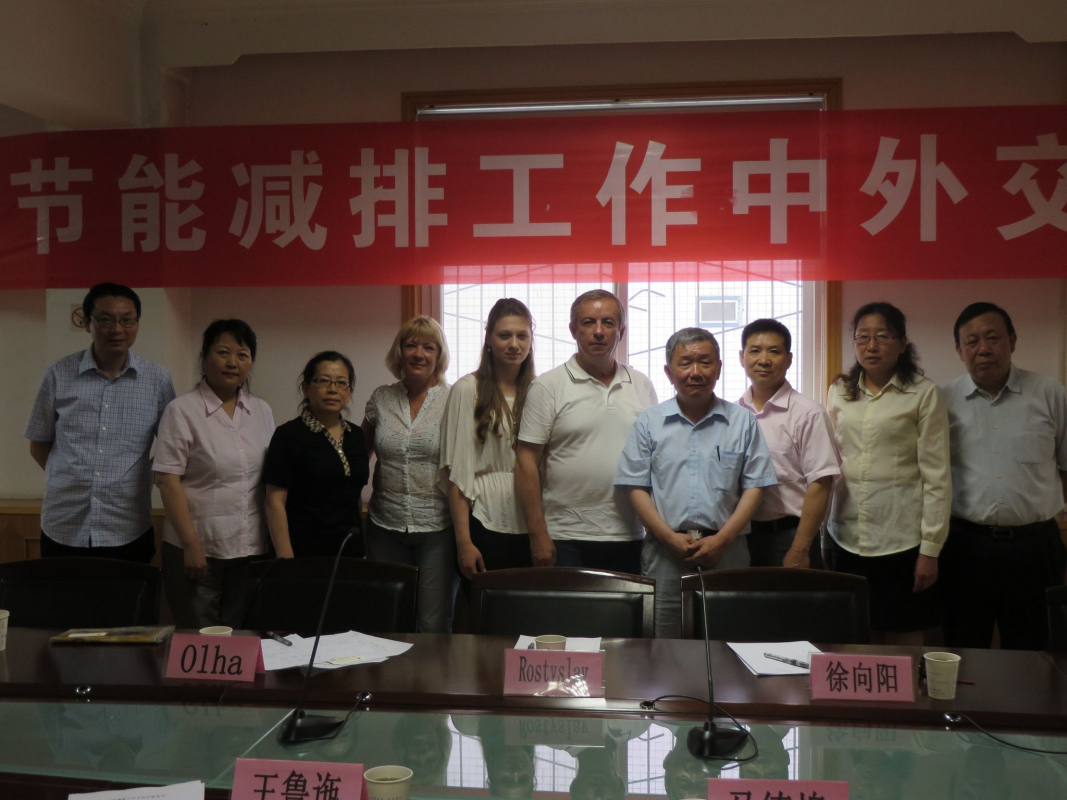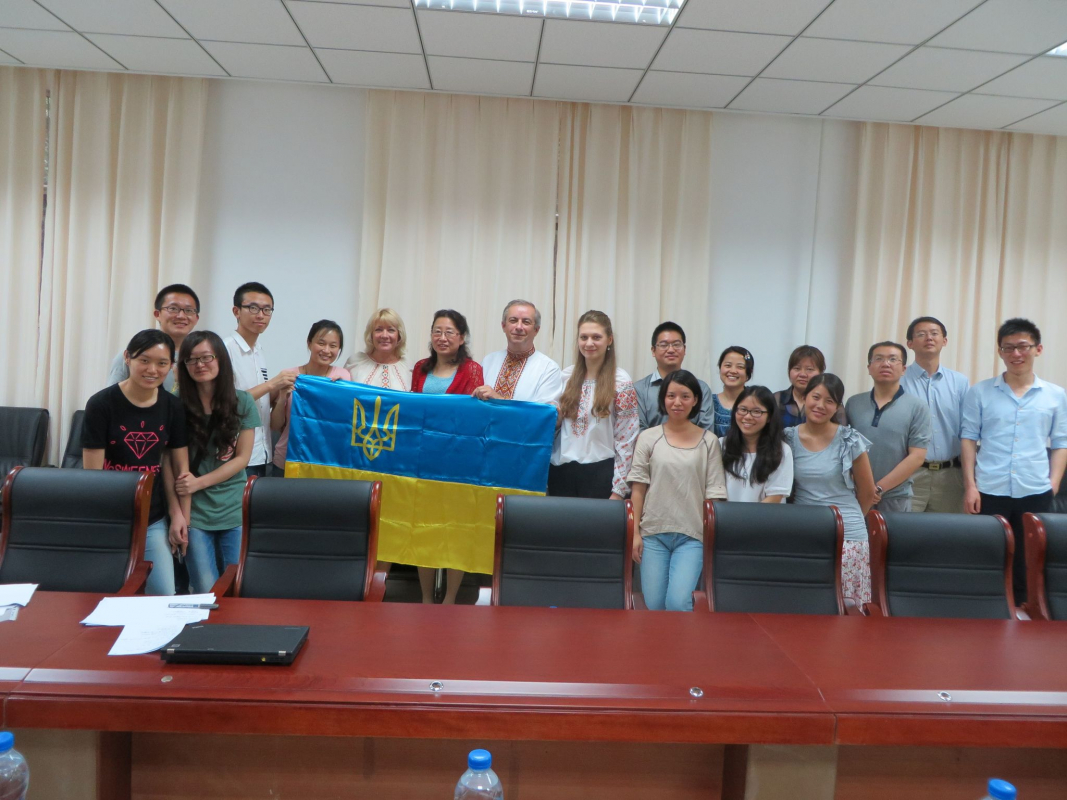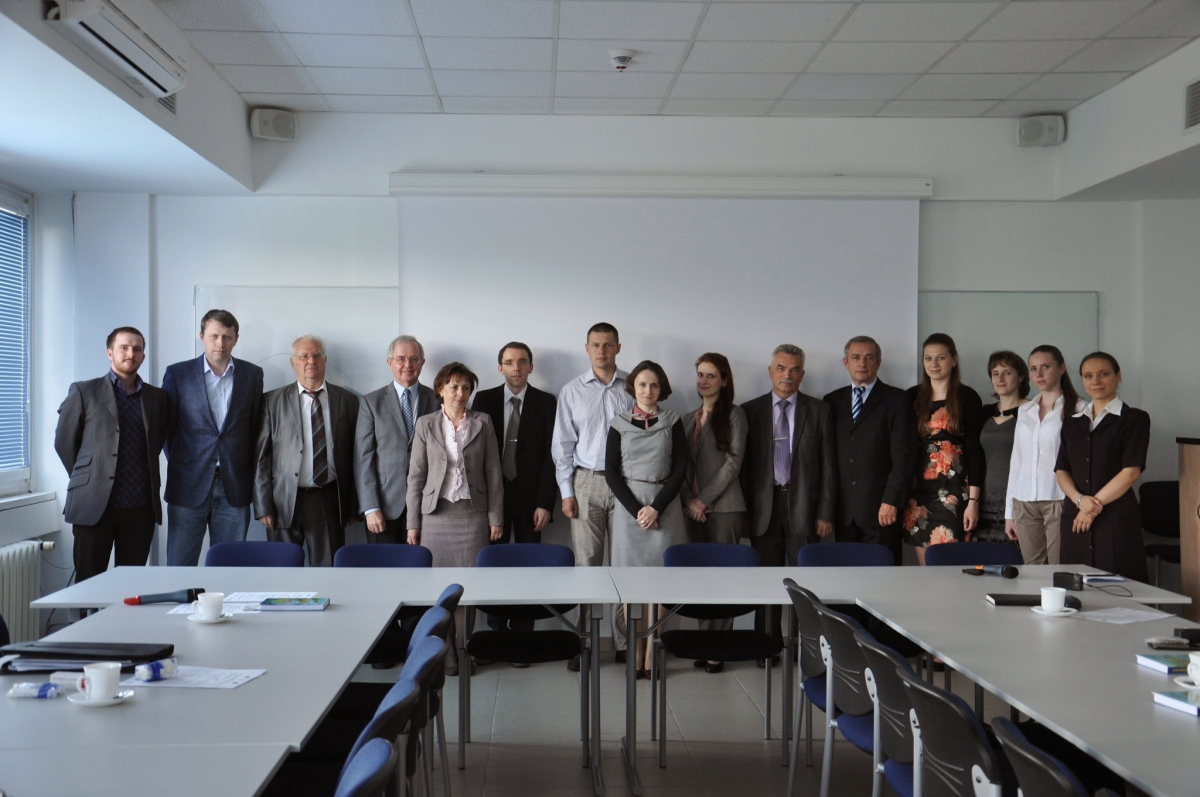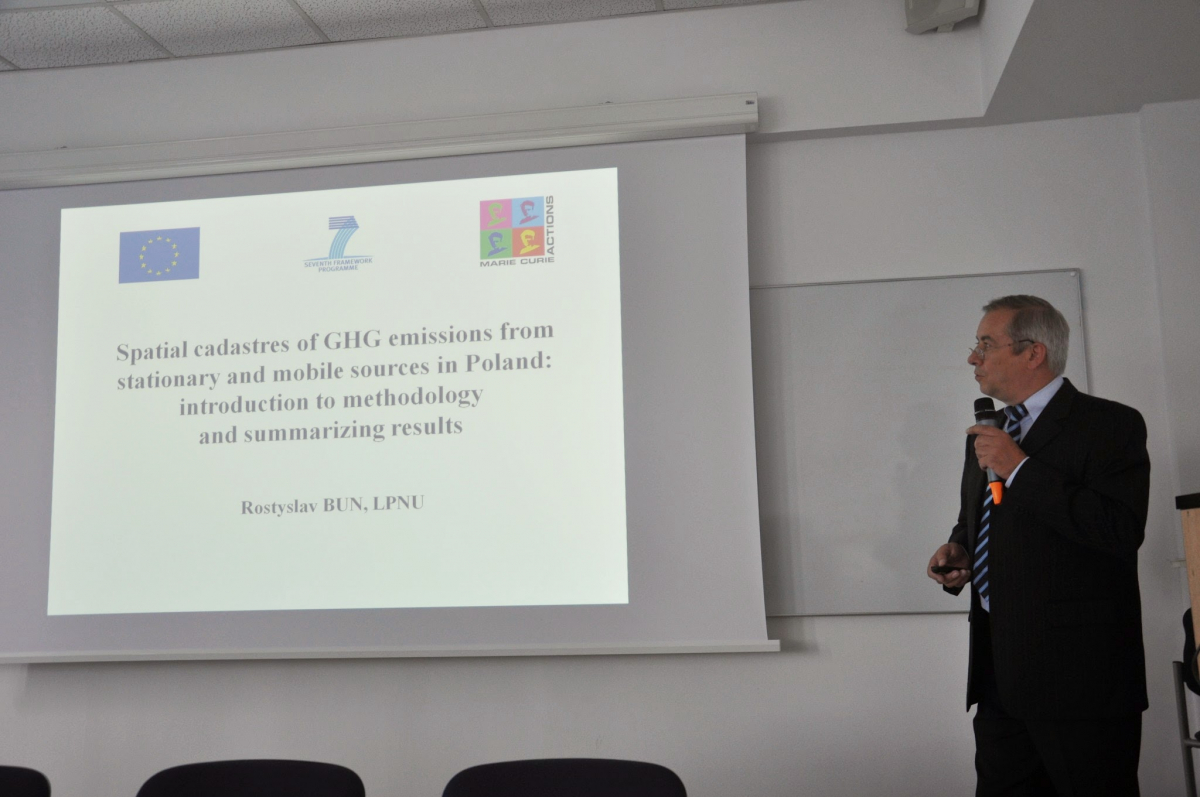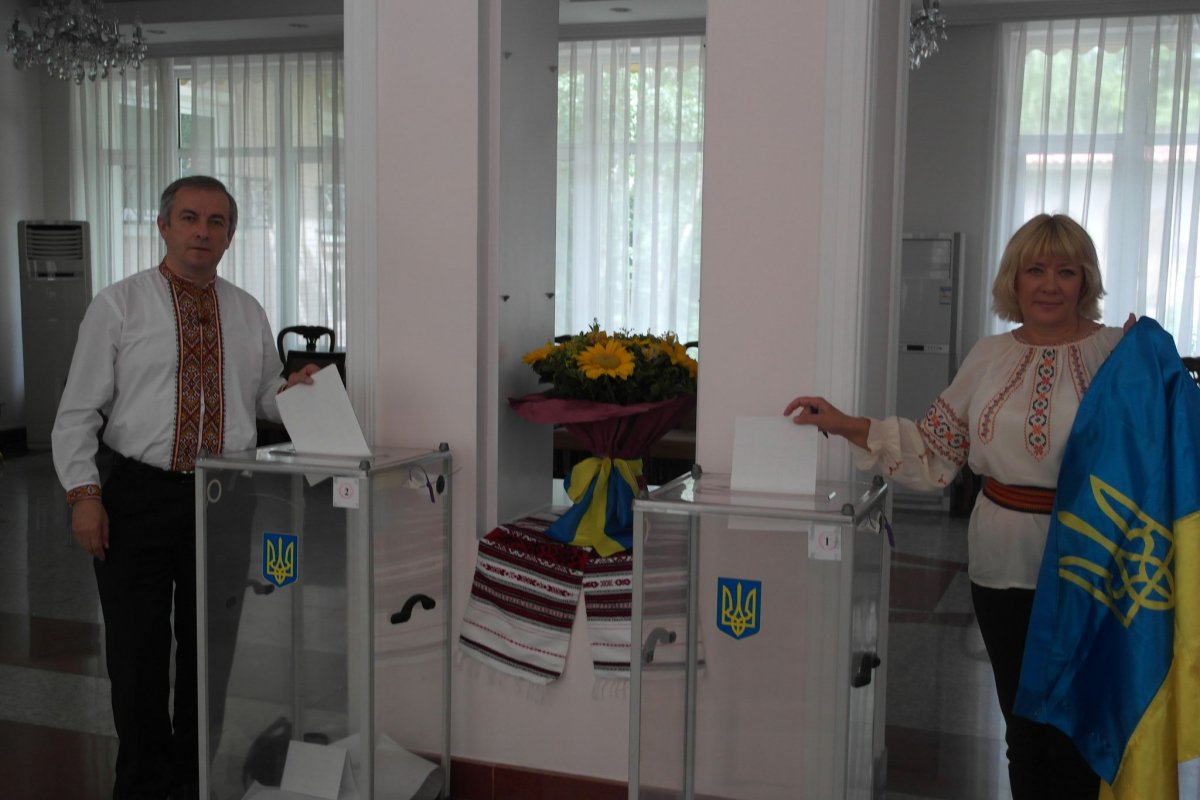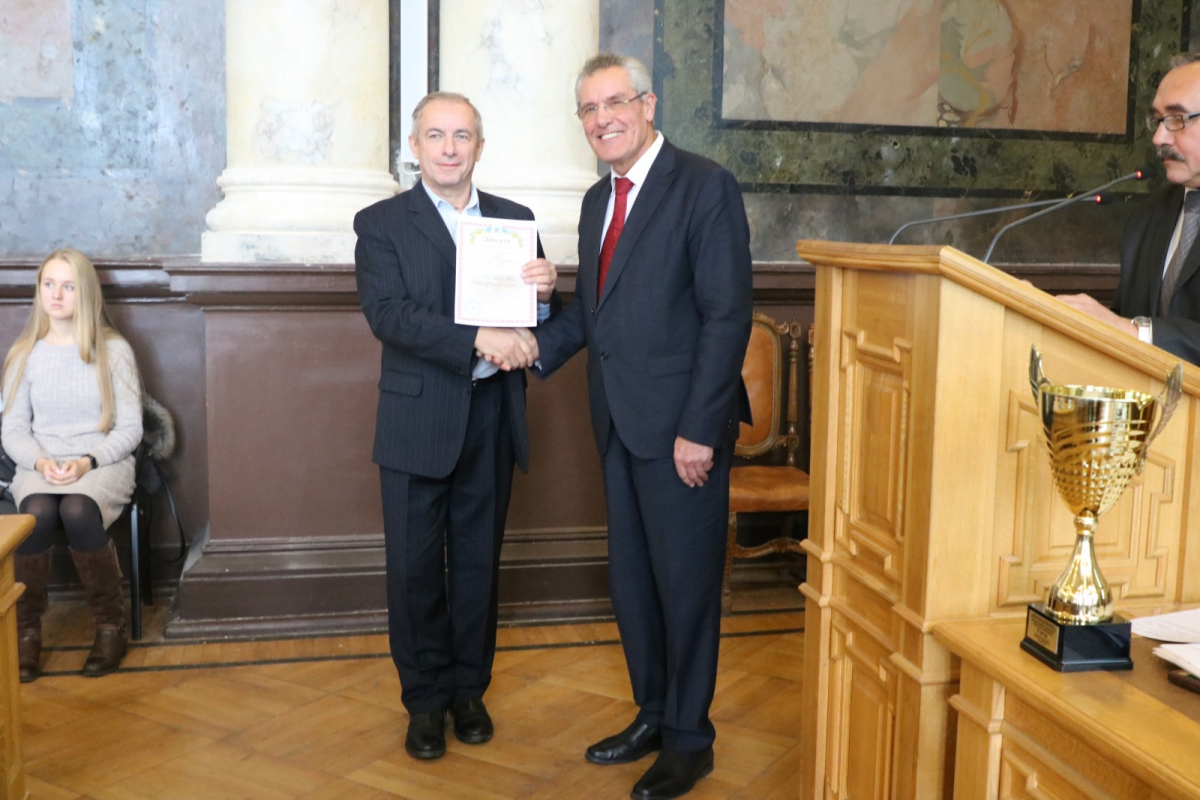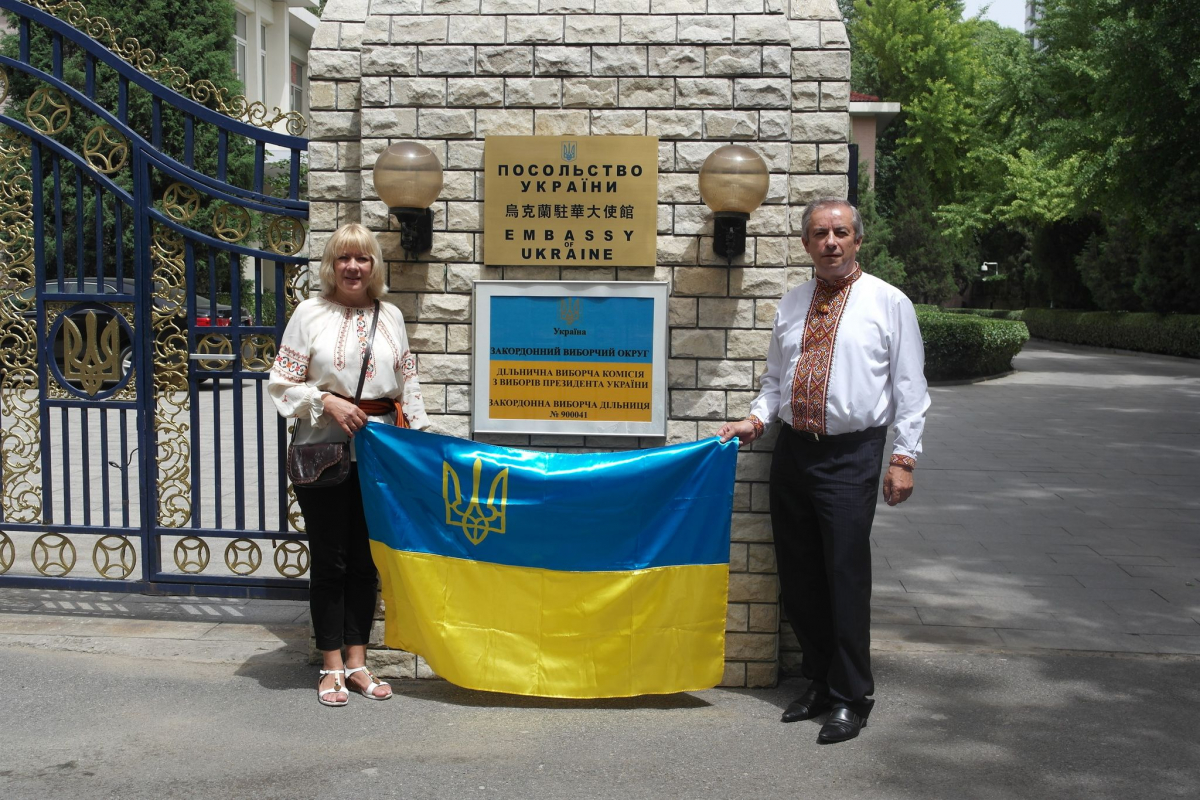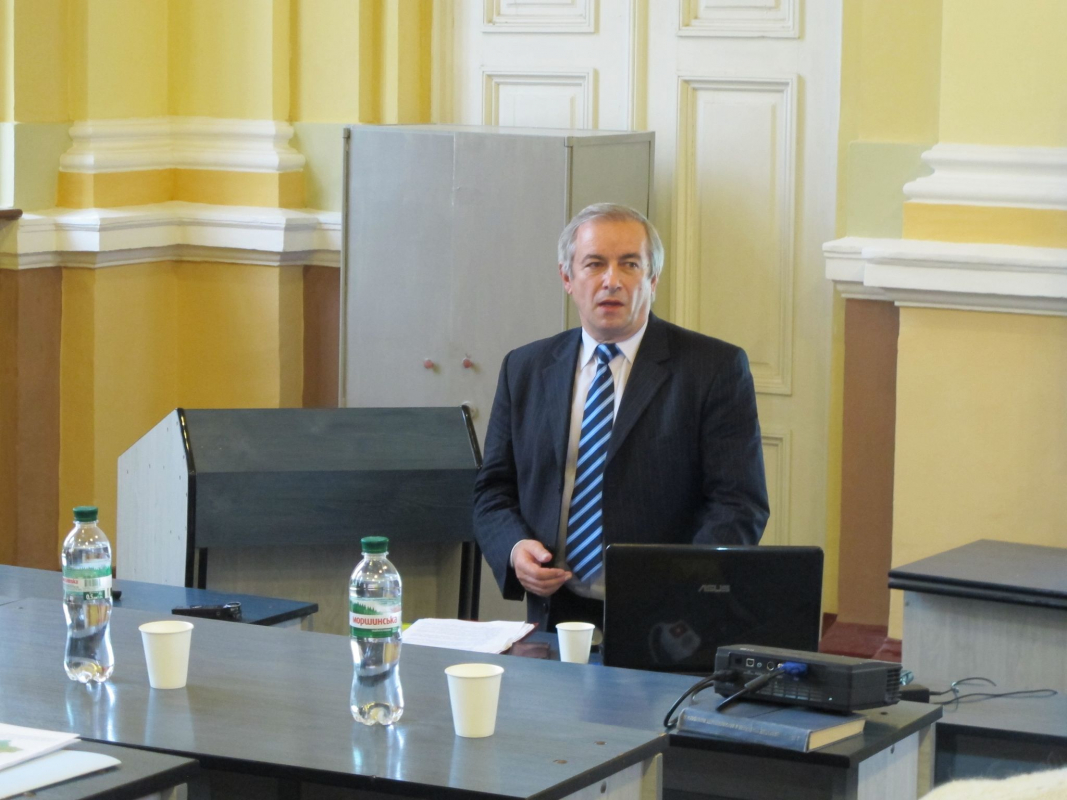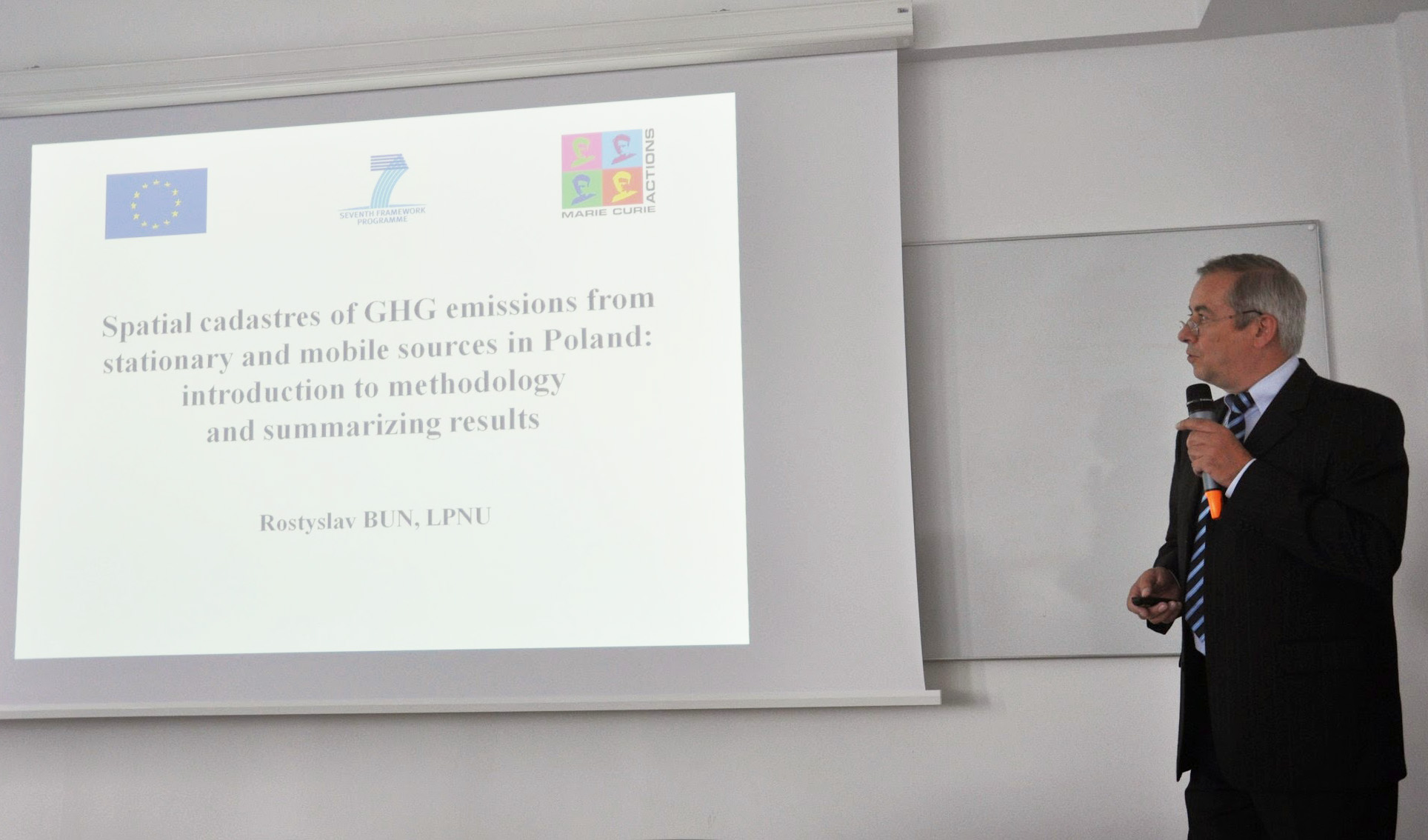As part of the information project «Environmental Polytechnic», we reveal the positive experience of our University in solving environmental problems. This time we talked to Professor Rostyslav Bun, Department of Applied Mathematics, Institute of Applied Mathematics and Fundamental Sciences, Lviv Polytechnic.
For almost twenty years the scientist has been researching greenhouse gas emissions. During this time he has participated in many large-scale international projects with researchers from the United States, China, Austria and Poland. He also worked on projects with other researchers from several countries of the European Union. Members of the youth team, led by Rostyslav Bun, won 20 individual international grants (Canada, Austria, Poland, Norway and Sweden).
– We must understand that our planet is like a huge greenhouse. If we create, through various industrial processes, conditions for the emission of greenhouse gases into the atmosphere, we increase their concentration and, accordingly, the opacity of the atmosphere. As a result, our «huge greenhouse» is becoming more and more «perfect», the average temperature is rising, and this has a negative impact on climate change on Earth and causes an increase in various natural disasters. Scientists have proved that if the average temperature on our planet rises above two degrees, compared to the pre-industrial period, irreversible processes will start and it will be impossible to return to the previous state. Therefore, scientists have sounded the alarm and are trying to find ways to reduce greenhouse gas emissions, – explained Professor Bun. – The Kyoto Protocol and the Paris Climate Agreement have been important steps towards serious changes in this situation. They are aimed at creating conditions to limit greenhouse gas emissions and to stabilize their concentrations to reduce the dangerous anthropogenic impact on the planet’s climate system.
– It is very important to analyze the current situation and predict what will happen to these processes in the future in order to intervene in a timely and appropriate manner. But this is quite difficult, as all quantities cannot be measured, they can only be estimated using various models. It is also important how countries develop. My team is working on a spatial analysis of these complex processes. This helps scientists and authorities to understand exactly where and how intensely greenhouse gas emissions occur in their territories, which sectors or categories of economic activity are most influential in this area, – added Professor Bun.
The researcher also stressed that the life of each person to some extent causes an increase in emissions, as we use natural gas and electricity, heat homes, cook food, use transport – all this has an impact on these processes.
– EU countries have set ambitious goals to reduce greenhouse gas emissions and plan to switch to renewable energy sources. The problem is that there are many countries that oppose this because they have fossil fuel resources (coal, oil and gas) that are profitable for them to sell. For example, Russia with gas and oil deposits, or China – the world’s largest manufacturer which is responsible for almost a third of all greenhouse gas emissions in the world. The problem is also that people often do not even understand the basics of these climatic processes and confuse a lot, – says Professor.
